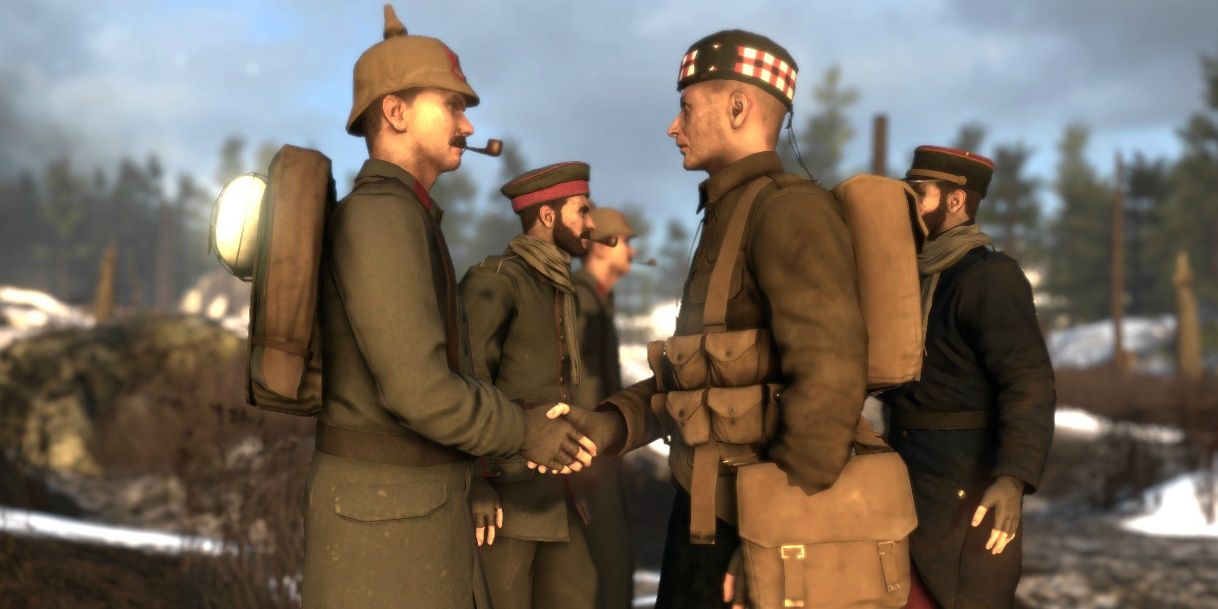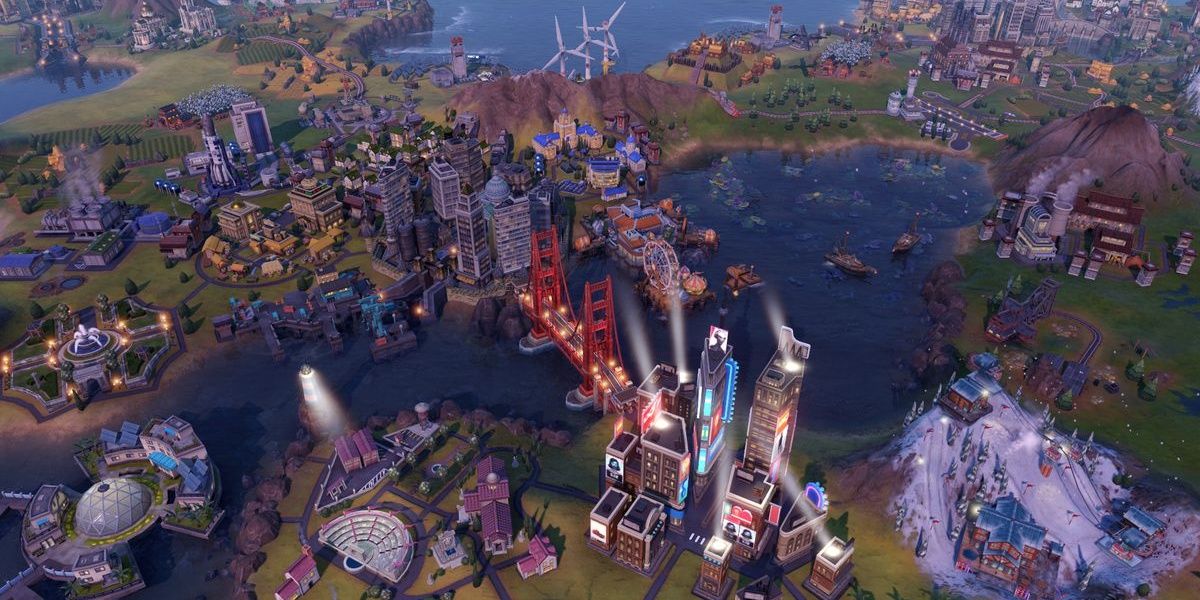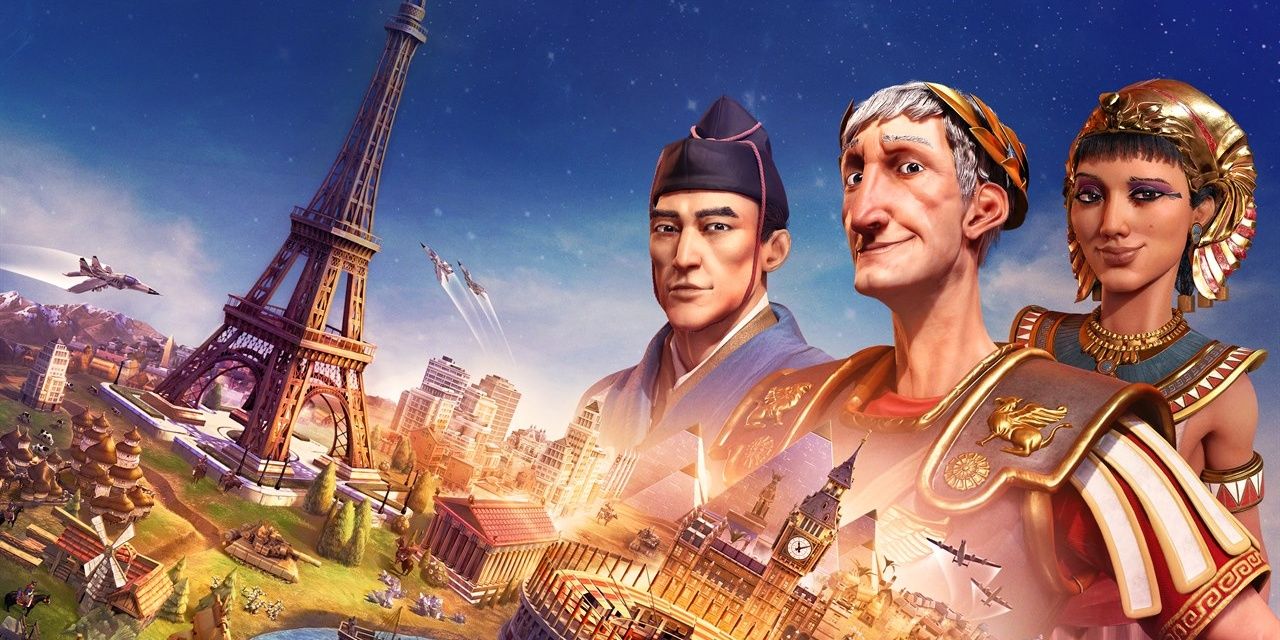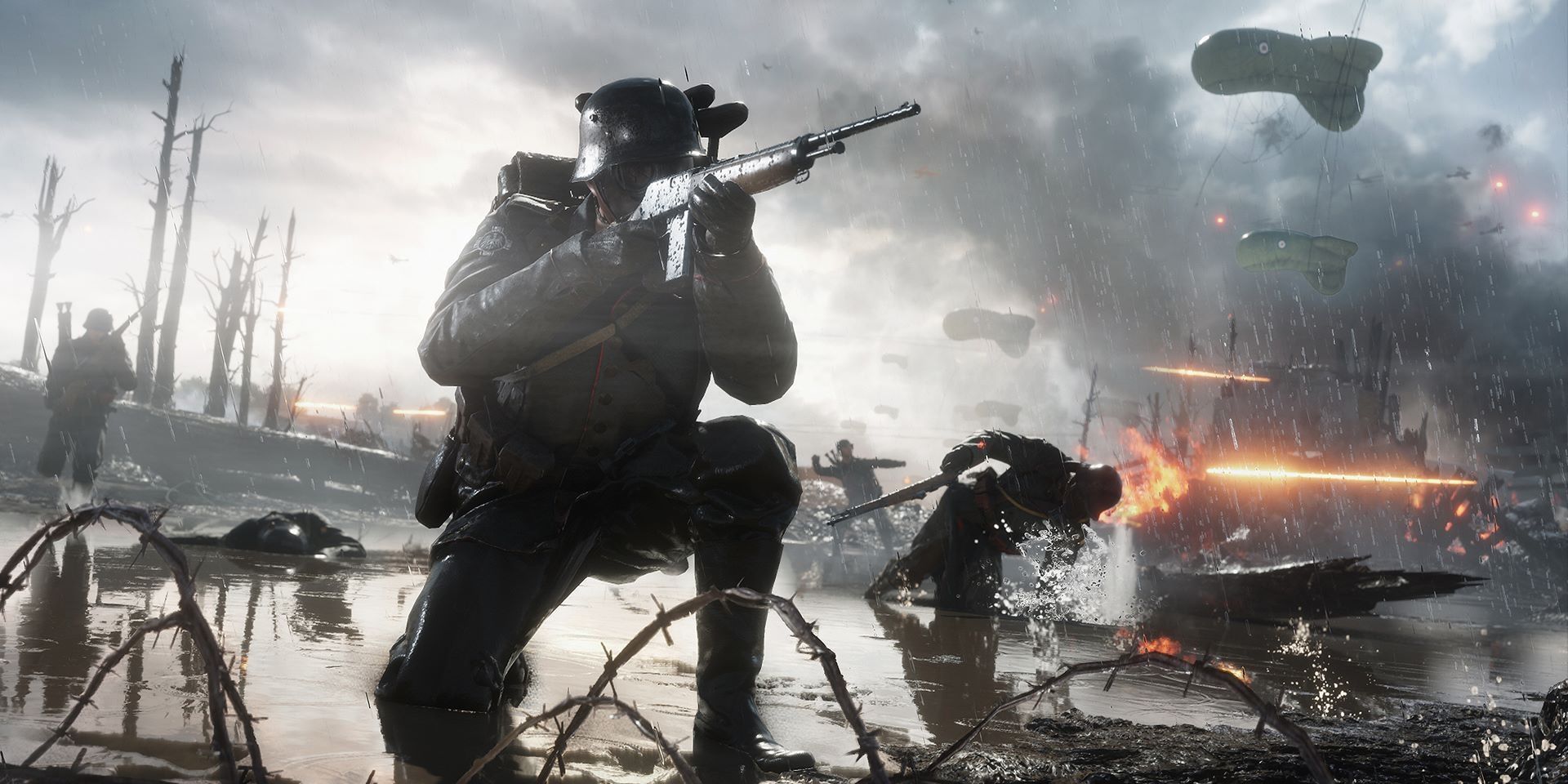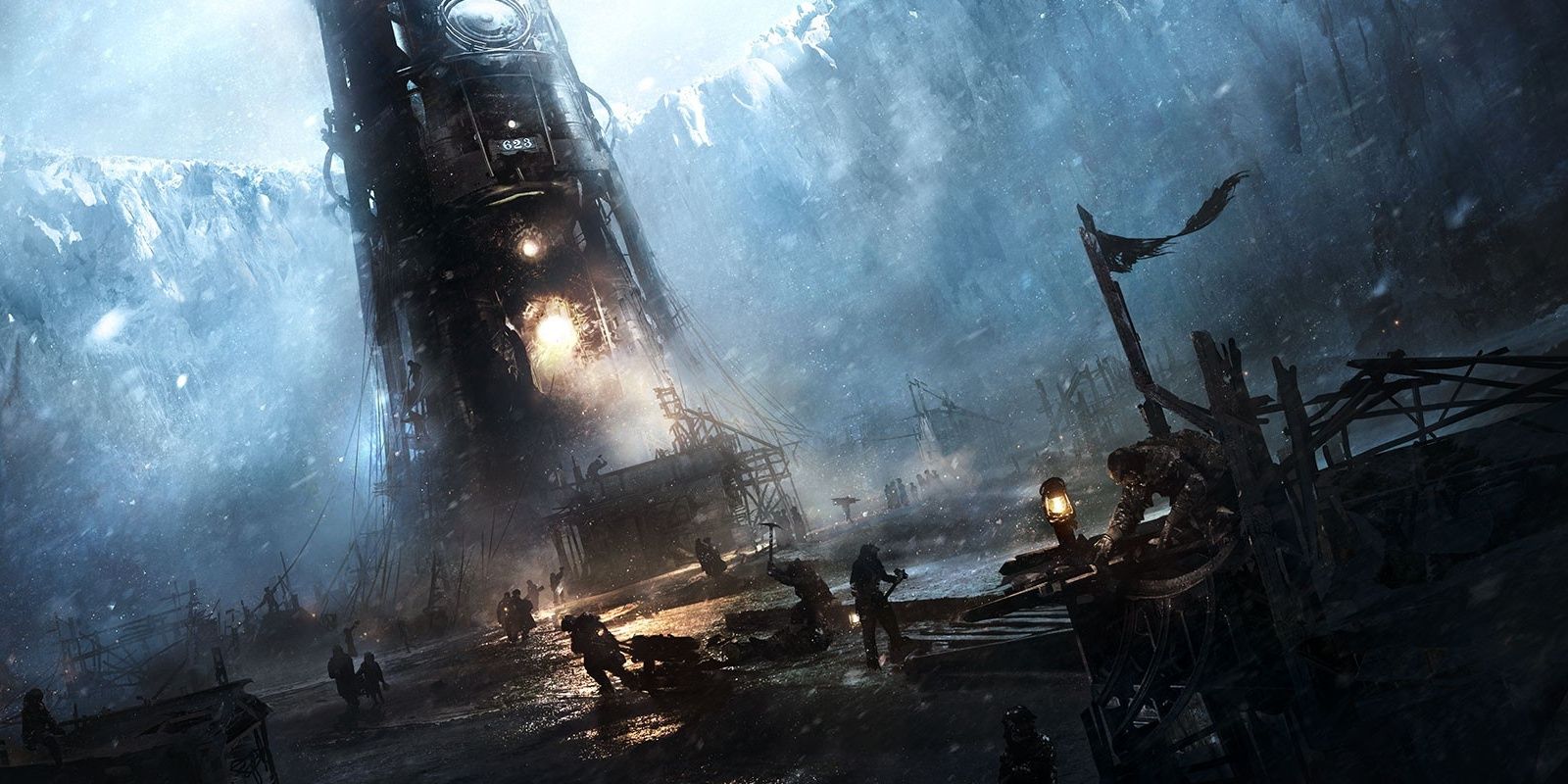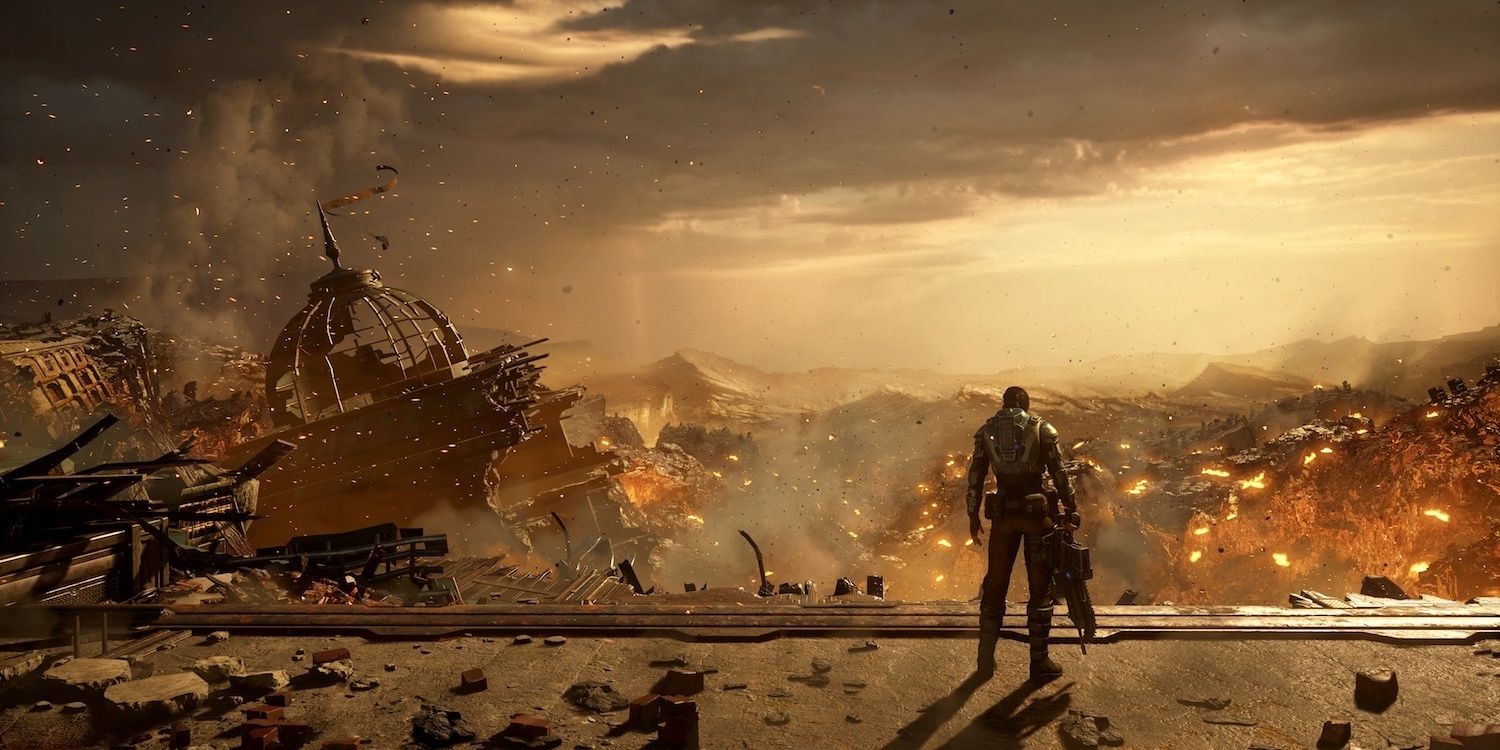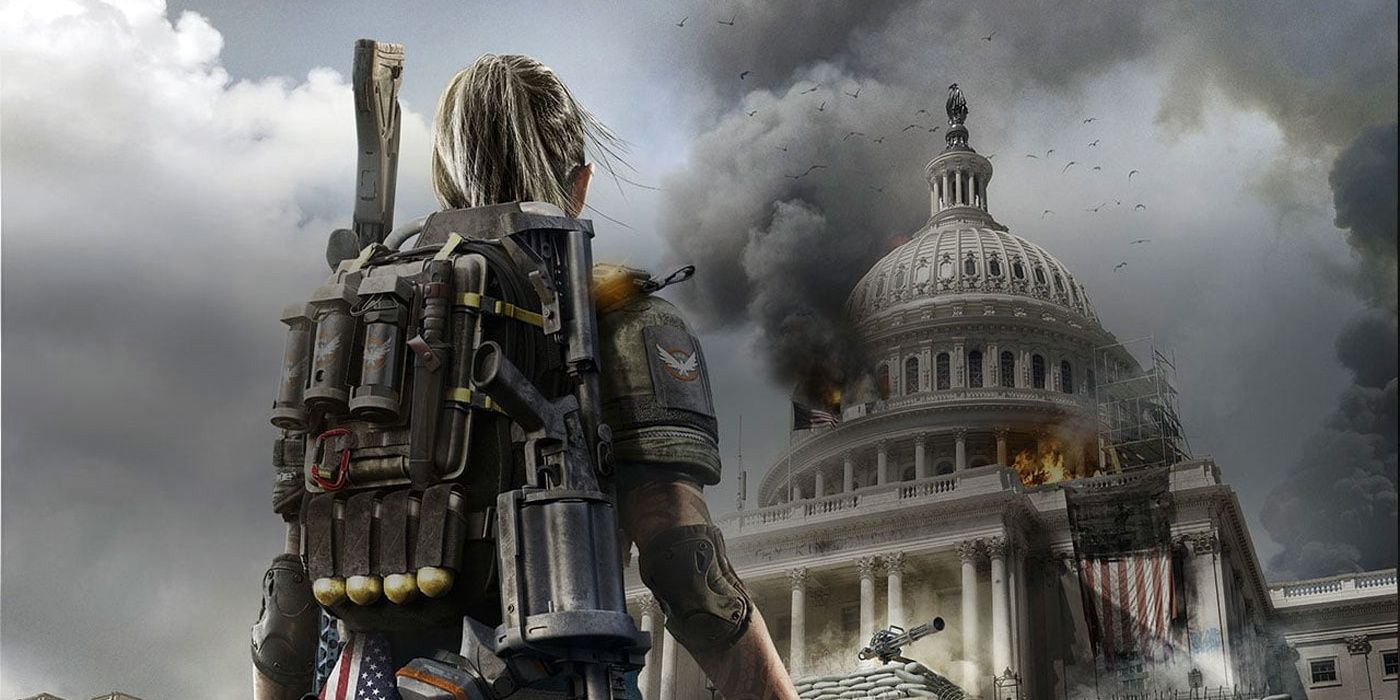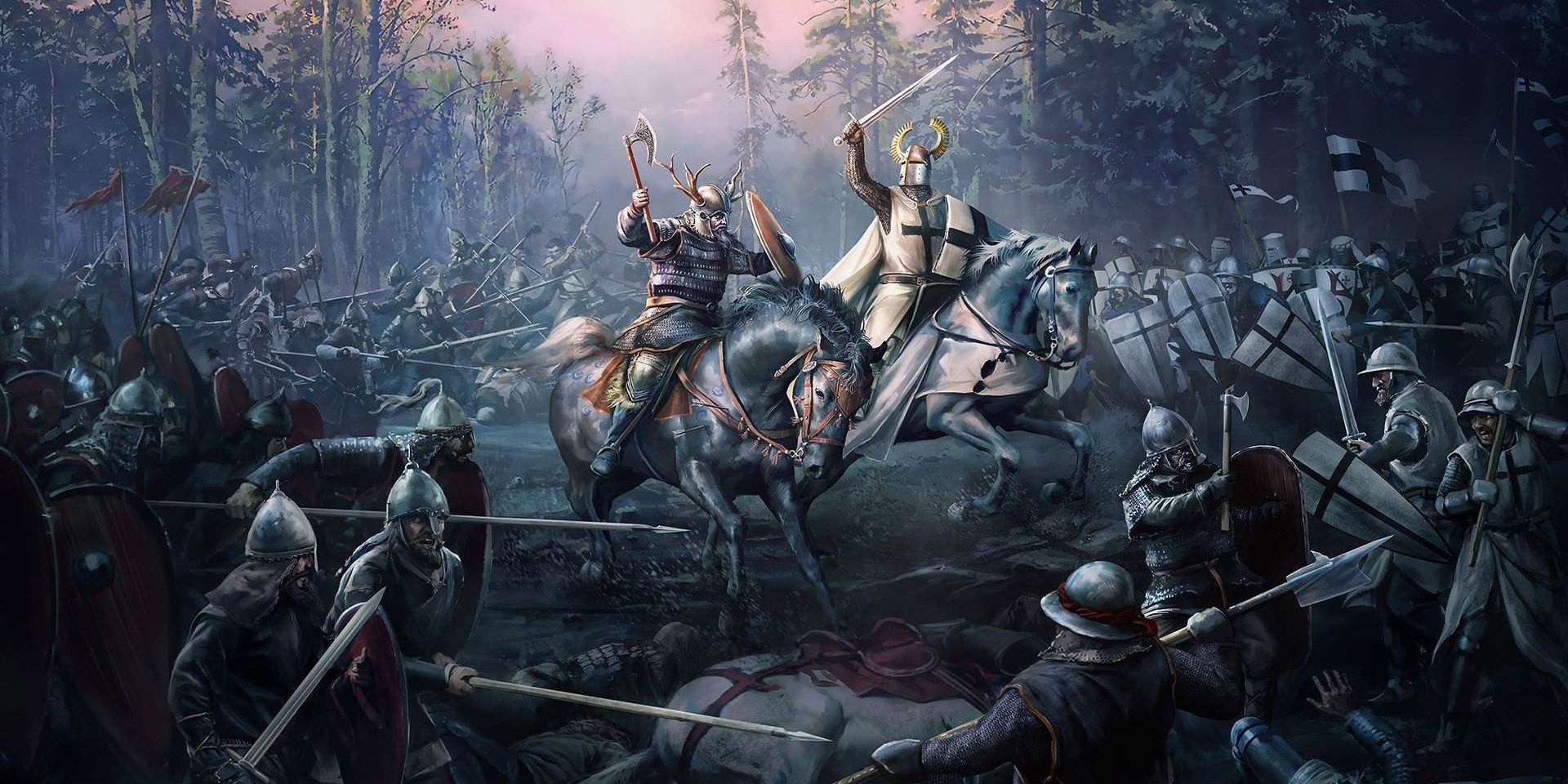Paradox Development Studio will release the long-awaited Crusader Kings 3 on September 1st. The vaunted grand strategy game will bring a wealth of innovations over the lauded formula that made the Crusader Kings series the go-to name for the grand strategy rush. Paradox, in its 25 years of service, has developed almost exclusively grand strategy games, and all of them loved by their intended demographic: Crusader Kings, Victoria, Europa Universalis and Hearts of Iron.
All these titles have taught gamers the harsh realities of running a country, regardless of power and influence, in times of peace and war. Simulating a lot of the intricacies of complex and multi-faceted systems, grand strategy games are the next best thing in case you can't become the ruler of a real-world country.
10 You Can't Please Everyone Every Time
Building a utopia can be a tempting goal for any would-be ruler, but grand strategy games make a point of putting you in charge of diverse individuals. Although no grand strategy title has so far braved simulated each citizen of a country, many use mathematics formulas in determining groups in terms of political ideology, economic power, loyalty towards the government, and more.
And just like you would expect it, not every group will react positively to the way they are ruled. And no matter how good you think your decisions and legislature are, you can be assured than it will annoy someone, somehow.
9 Natural Resources Are Often More Important Than Money
The modern era has taught us to think that money is the be-all, end-all for all worthwhile countries of the Globe. And although the importance of capital cannot be understated in the inner workings of a state, natural resources are just as vital. At the end of the day, you can't eat money, and you can't build roads with dollars; you'll need materials, equipment, and manpower for that.
You could command the wealthiest coffers in the world, but if you can't acquire the necessary ingredients for asphalt, that road won't come to fruition.
8 Oftentimes War Comes To You
Many strategy video games, of the non-Grand Strategy variety, have taught gamers that they are the ones who almost always initiate hostilities on their terms. They have the luxury of time in creating their armies, distributing their resources, and planning attacks.
But grand strategy games are unpredictable, and sometimes, war comes barreling down on you. And just as often, it's not necessarily your fault. Neighboring countries might contest strategic regions such as seas, lay claims on foreign provinces, or dispute oil wells spread across a common border. Wars were started for just these reasons.
7 Chose Your Allies By Strength, Not Ideology
Ideologies are a powerful driving force at both individual and collective levels, and they shape how countries are run and how history remembers them. And just like individuals heavily gravitate towards others of the same ilk, so to do countries tend to stick together and form alliances based on the same set of values.
In grand strategy games, however, it isn't particularly worthwhile to ally with a weak country just based on a common doctrine. By the same token, a more intelligent proposition would be to seek powerful friends who have the strength to help you militarily or economically.
6 If You Want Peace, Prepare For War
No matter how well a country is doing economically and how far the prospect of war could be, it's undoubtedly wise to be prepared for the worst. In grand strategy games, it's tempting to choose a self-imposed goal and run with it. One such noble endeavor can the use of resources to create a utopia where not a single citizen is left wanting, at the detriment of a strong military presence.
There were quite a lot of democratic European countries minding just their own business with weak armies but strong economies at the start of WWII. In retrospect, it's a safe bet to say that they probably would have wished to divert more funds towards gunpower even at the unfortunate expense of their citizens' living conditions.
5 At The End Of The Day, Your Population Is Just A Resource
Let the good times roll, but the good times cannot last forever. Even during peaceful times, without bloodthirsty rulers running about, certain events can put the entire world under stress. During times of conflict, you need to put to good use every single resource you have at your disposal, including your people.
It's your responsibility for the greater good to conscript able-bodied soldiers or to reassign workers in the types of factories that make sense. Such practices won't make you popular, but hard times call for hard calls.
4 Time Is Always Against You
Building on the previous entry in the list, another important enemy is time itself. Unstoppable, unflappable, and omnipresent, it can't be assassinated, bought, or otherwise taken out.
In the real world and grand strategy titles alike, time will always run against you. Waiting for the next batch of recruits to hit the trenches in times of war, the newest technology to be researched, and trade routes to be completed, you have to play the cards you're dealt with, but the dealer is time itself.
3 If You Can't Win, Not Losing Is Also Great
Across the world, there are big players and small players. If you happen to hold the reigns of a juggernaut, you'll be expected to be a leader and winner. Should you not be in a capacity of leaving your mark on the world on account of controlling a small-time country, not getting the short end of the stick is the best you could hope for.
History is littered with small-bit nations that had to switch alliances, swallow their pride, and even capitulate in the face of imminent disaster. Nobody sings their praise, but they still stand today, and that in of itself is victory enough.
2 You Can't Exert Power Abroad Without Power Within
Rival politicians and the disgruntled populace undermining its ruler from within can be a slow but sure road towards disaster.
Not taking into account the pleas of your subjects or going the other way around and renouncing too much power in the vain attempt of pleasing everybody will increase the chances of being sabotaged from within. Moreover, surrounding yourself with incompetent or misguided personnel will make foreign affairs all that more difficult.
1 Everyone Is Out To Get You
When all is said and done, not a single foreign entity will place your interests and well-being above theirs. It's up to you to defend your country and citizen against all dangers, including from themselves.
When the chips fall, your allies might decide that it's not worth it to risk their neck for yours, while your enemies or rivals await a single misstep to come in for the kill. It's a cruel world because it's full of cruel people. You could be cruel, or you could be defeated, your choice.


